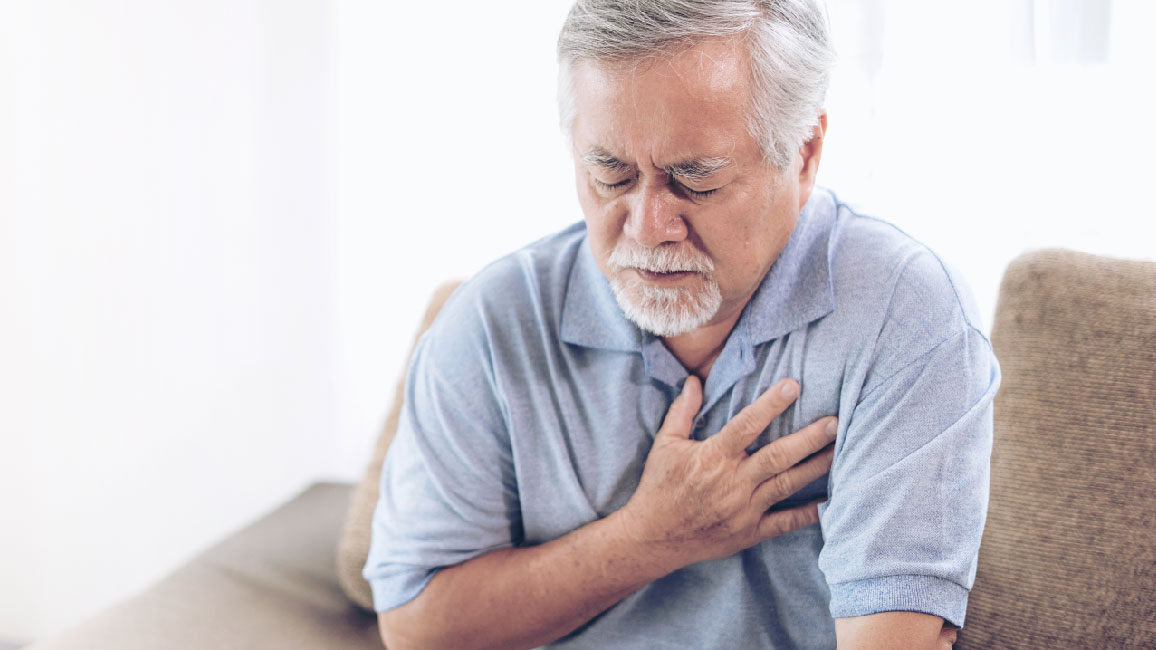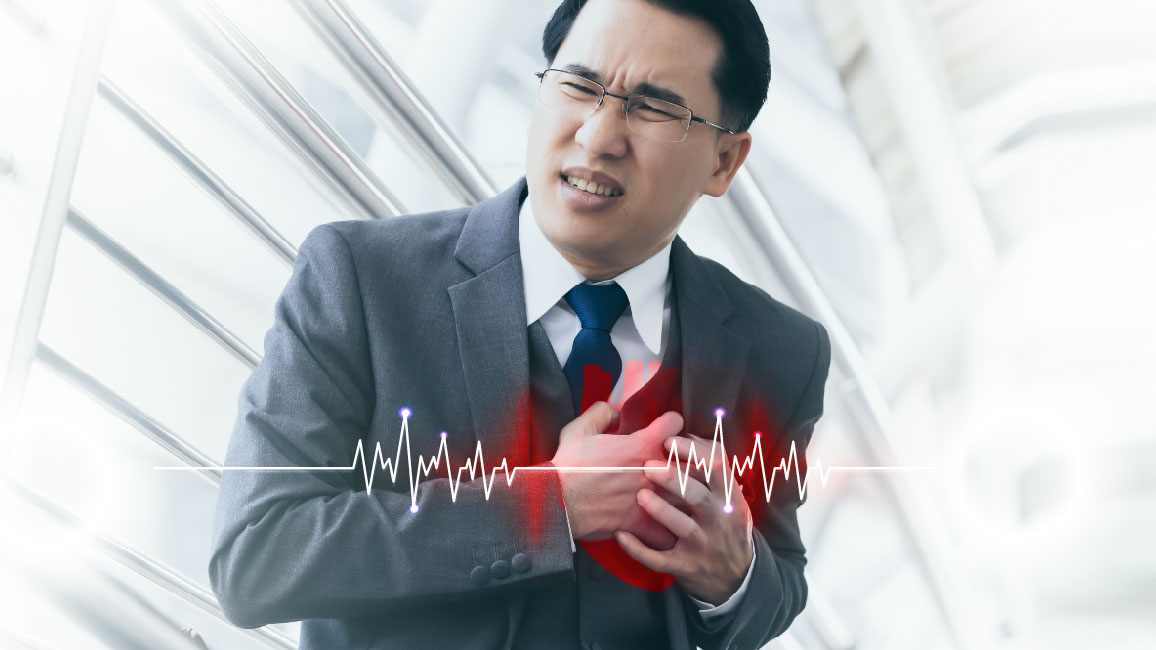Arrhythmia the silent danger and risks of heart failure
Center : Heart Center
Article by : Dr. Patcharee Pawasuttikul
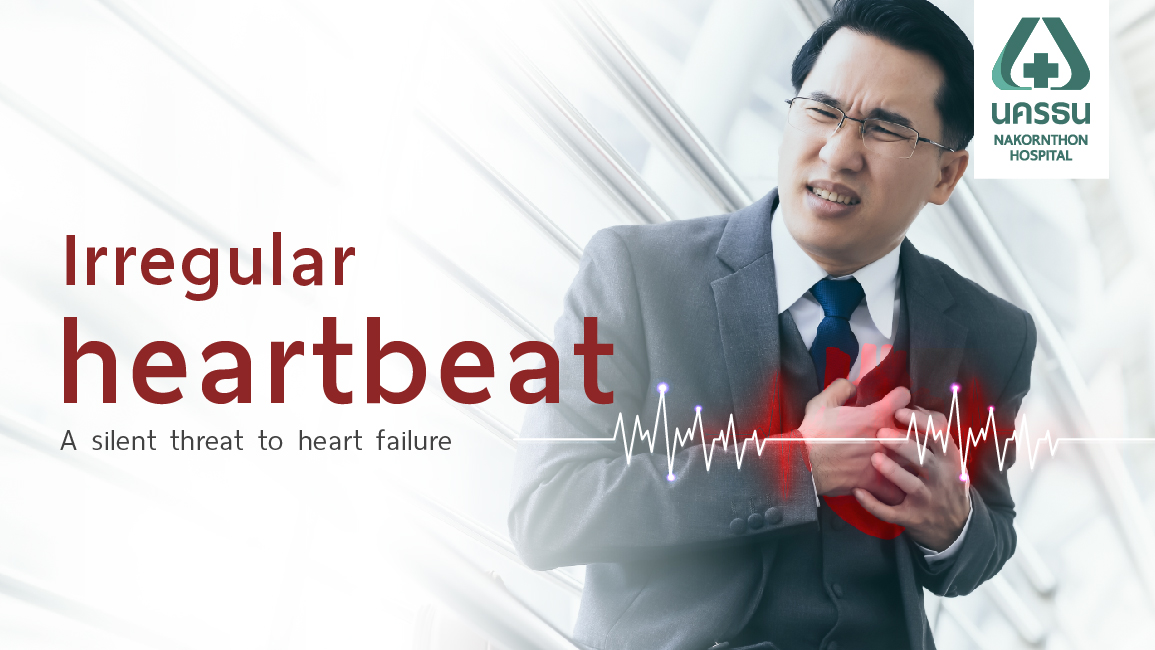
Many people have had dizziness, dizziness, lightheadedness, palpitations, chest pain. Don't think this is normal or try to ignore it, because these could be a warning signs of "Arrhythmias," especially with people who smoke, drinking alcohol, tea, coffee, and under stress can increase your risk of heart failure or stroke.
Choose to read by topic:
How to distinguish arrhythmia?
Arrhythmia is a condition in which the electrical impulses causes a problem with the rate or rhythm of the heartbeat. Resulting in an irregular heartbeat it can be too fast or too slow when pumping blood to chambers of the heart and to the body and it is not as effective as it should, patients may manifest symptoms that can be observed, such as palpitations, chest pain, wheezing, sweating, dizziness, fainting, etc. Arrhythmia is more common in the elderly. People with heart disease or those who drink large amounts of alcohol and may result to heart failure or stroke.
How does a normal heart beat?
Normal heart beats steadily with a speed that changes with physical activity, while at rest, the heart beats approximately 60 -100 beats per minute. While walking, the heart beats approximately 100 - 120 beats per minute and over 120 beats per minute while running. However, athletes or people who exercise regularly have pulse rates between 50-60 beats per minute.
What is an irregular heartbeat?
Irregular heartbeat is a condition in which abnormal electrical conductivity of the heart occurs, with the heart beating faster or slower than normal, and with regular or irregular rhythms, certain types of arrhythmias are a medical emergency. Which can be fatal that may result to cardiac arrest and even mortality. In general, it can be classified into two types of irregular heartbeat Bradycarida slow rhythm, and Tachycardia a fast rhythm.
How many types of arrhythmias are there?
There are at least 10 types of irregular heartbeat, each of which has a birth mechanism. The causes, symptoms, treatment methods and prognosis vary widely. In general, there are two major types of arrhythmia:
- Heart beating too slow (Bradyarrhythmia) a slow heart rate of less than 60 beats per minute.
- Heart beating too fast (Tachyarrhythmia) is a fast heart rate more than 100 beats per minute.
Which can be categorized as follows
- The atrial fibrillation (atrial fibrillation) manifests an irregular and rapid heartbeat. Causes cerebrovascular disease, which is a very common in the elderly people, people who drink large amounts of alcohol, overweight and people with heart disease, etc.
- Tachycardia (Supraventricular Tachycardia) Heart rate is abnormally fast, more than 100 beats per minute.
- Bradycardia (Bradycardia) A heart rate slower than 60 beats per minute.
- Heart Block: Your heart will beat abnormally slow and can cause death. The heart beats abnormally fast and not pulsating (Ventricular Fibrillation), causing sudden unconsciousness and death if not receiving timely treatment, which is a less common form.
Arrhythmia
People with arrhythmias have different symptoms depending on the type, severity, or cardiac disorder. Some people may not experience any symptoms or abnormalities. But some people may experience symptoms such as palpitations, heartbeat faster than normal (more than 100 beats per minute), slower heartbeat (less than 60 beats per minute), chest pain, wheezing, dizziness, sweating, dizziness, as if it were. Syncope, etc.
People with the above symptoms may not always be associated with an arrhythmia. But if symptoms occur suddenly or occur frequently should seek immediate medical attention to diagnose and find the cause of further symptoms.
Arrhythmias can be caused by a number of reasons.
Arrhythmia there are factors from lifestyle habits such as smoking, drinking tea, coffee, stress that affect the work of the heart, such as high blood pressure. Hyperlipidemia, diabetes, hypothyroidism or even congenital abnormalities such as congenital heart muscle disorders, leaky heart valves, abnormally thick heart wall Including angina, most of the patients do not know they have a problem.
Diagnosis of arrhythmia
To determine if you have an arrhythmia or not. The doctor will make a diagnosis based on the patient's condition. Medical history and physical examination to examine the initial heart rhythm or it may be tested to determine the factors that trigger arrhythmias. The doctor may have further diagnostic methods for screening are as follows:
- Electrocardiogram (Electrocardiogram: ECG)
- 24/7 ECG monitoring and recording using Holter Monitor
- Exercise Stress Test (EST)
- Chest X-ray to check for heart abnormalities
- Heart examination with a high-frequency resonance machine (Echocardiogram)
Treatment of arrhythmia
Arrhythmia treatment in the event that the heart is still working normally, it can be cured by using drugs to control the heartbeat, together with electro-physiologic study and radiofrequency ablation, a treatment for arrhythmia without surgery, no incision from surgery it does not require anesthesia and does not hurt the body during the treatment.
Arrhythmias can be prevented by simple lifestyle change and habits that affect the work of the heart, such as avoiding spicy food, greasy food, and heart-stimulating food and drinks. Avoid smoking drinking alcohol, Keep exercising and avoid stress. More importantly go for regular annual health checks. If you have any of the above symptoms or have an underlying disease, you should consult a cardiologist. To correctly diagnose an arrhythmia.
Online Consultation
Free of Charge
Pacakages and Promotions
Article of Heart Center


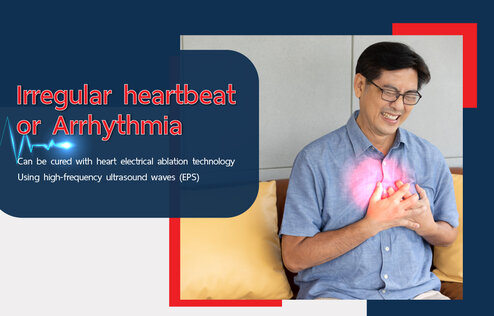
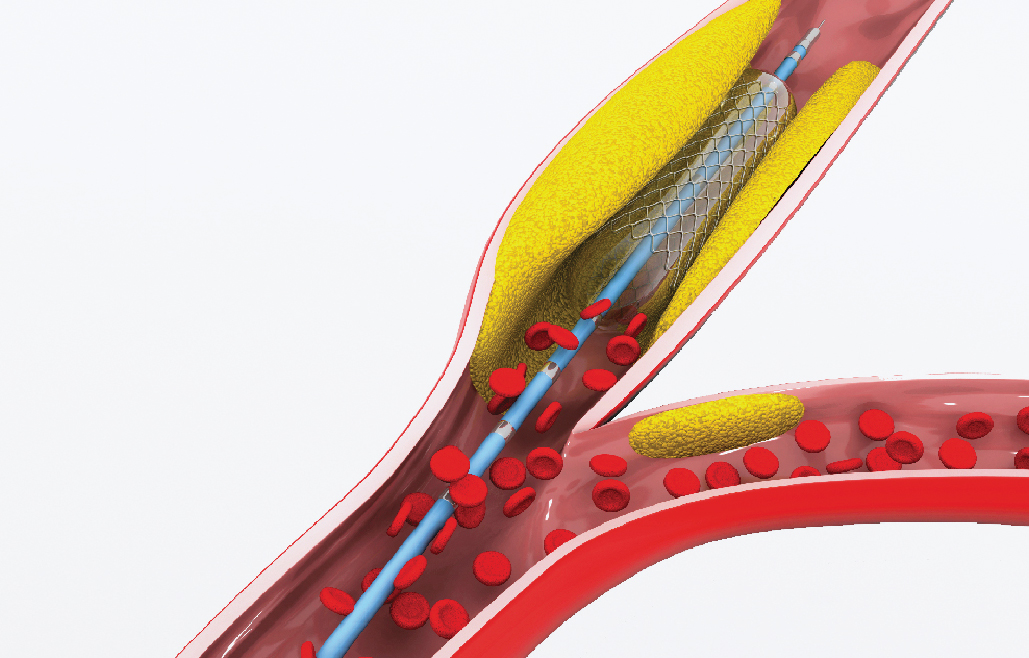
.jpg)
